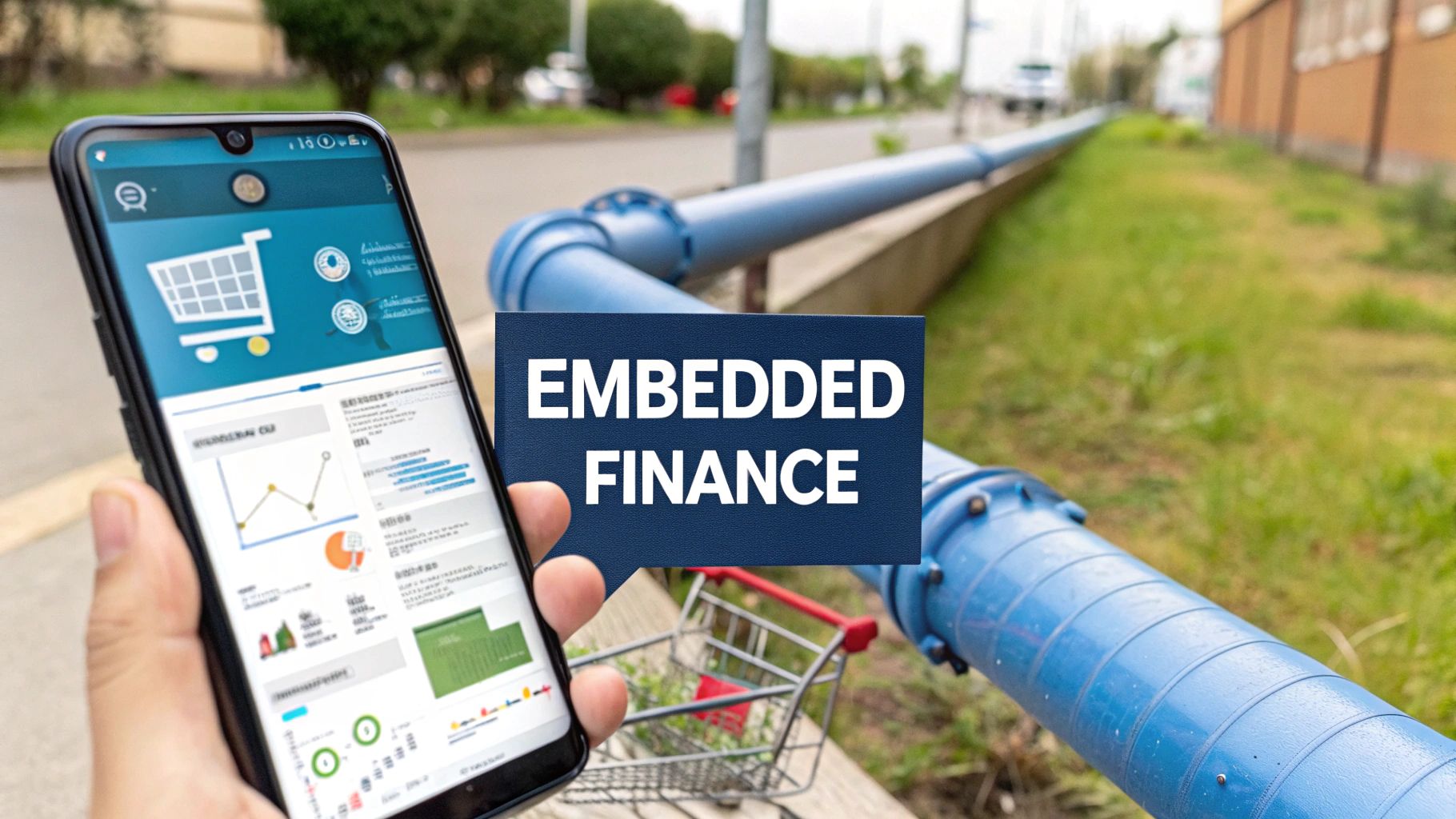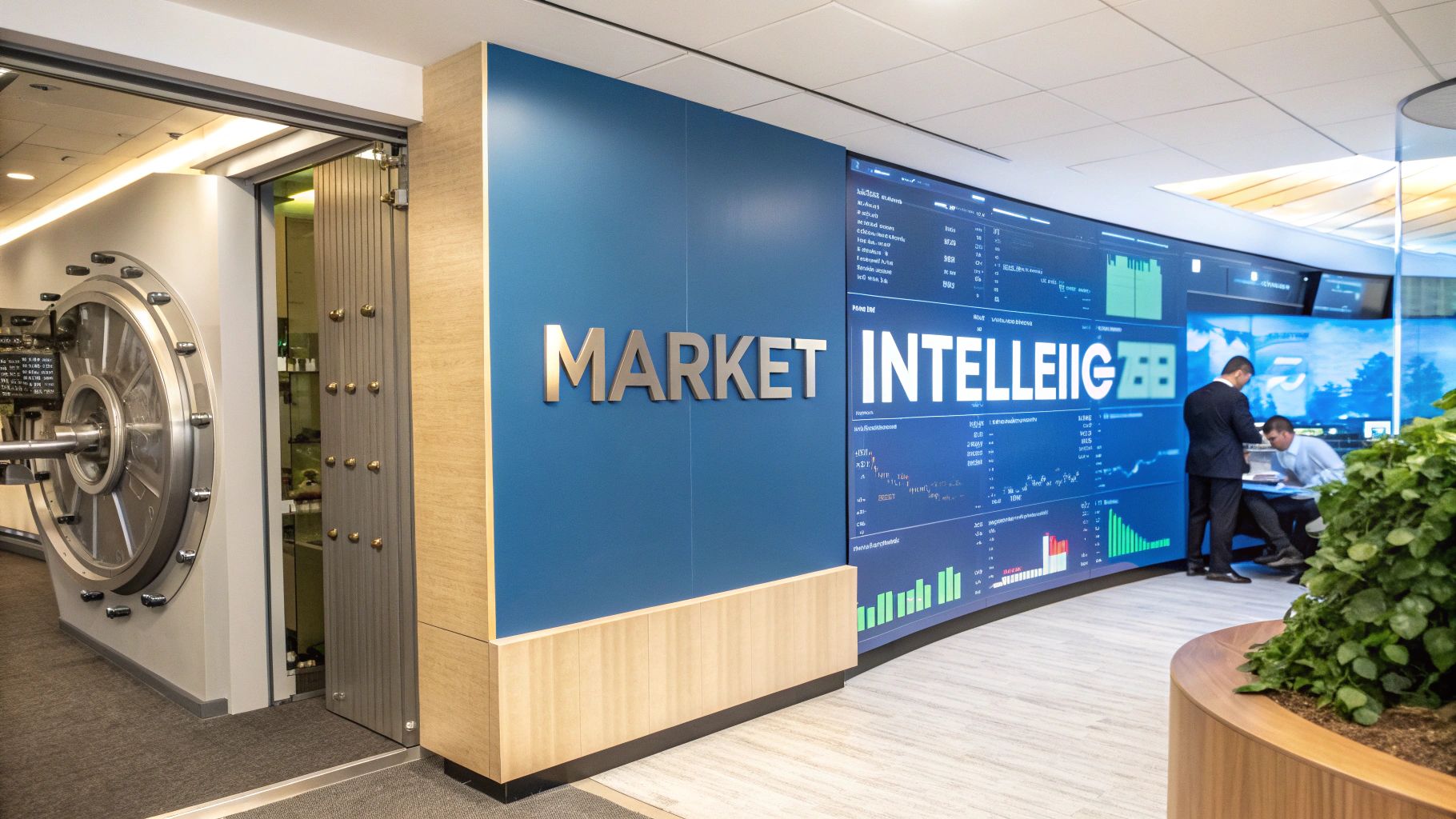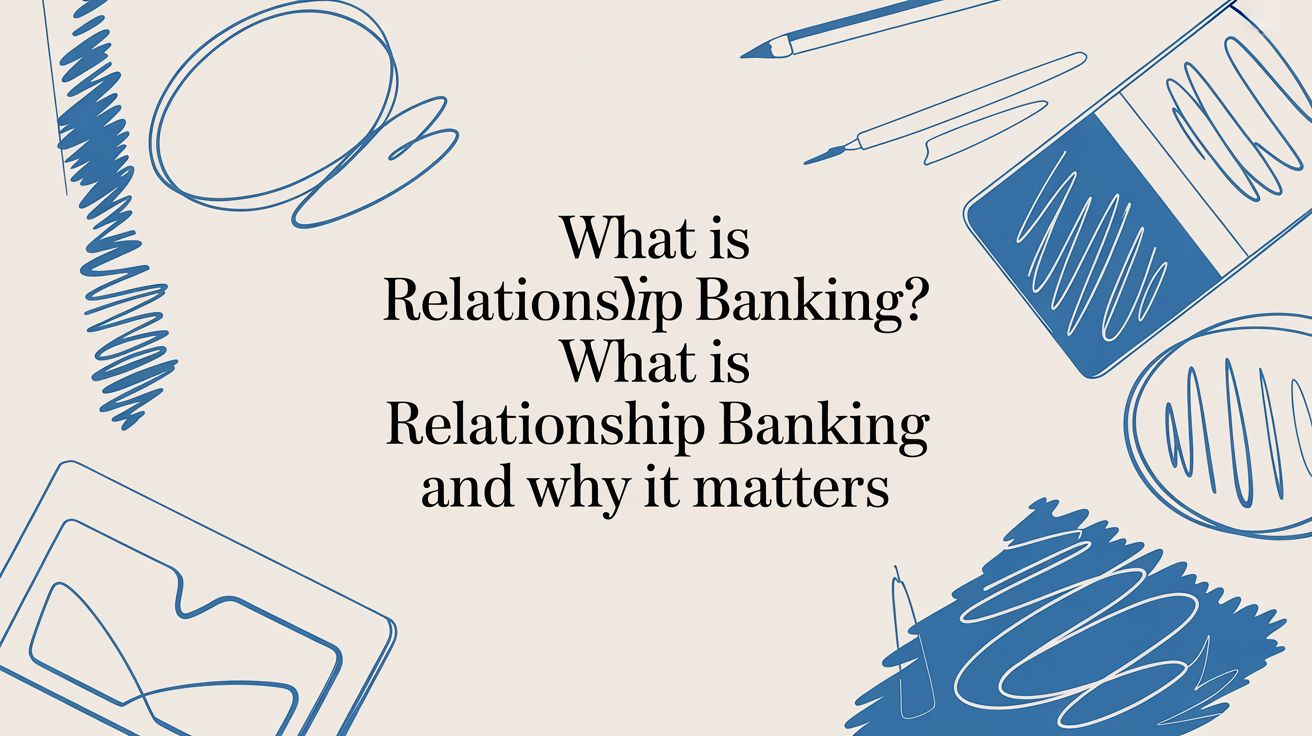Open banking is innovating finance at an incredible rate.
Brian's Blog
But you better understand the risks of using it…
Based on the name “open banking” you might think this would expose you to more hackers, but that’s not the case at all.
Your website and other infrastructure is just as exposed to hacks as it always has been.
It’s not hacking you should be afraid of, it’s counterparty risk.
When your bank calls APIs for various functions, the bank is 100% legally responsible for the outcome.
Even though another company is pulling the strings, it’s done in your name.
Your name = Your fault.
Say you’re are running a bank and using a third-party API to verify identities of new customers.
And said third-party isn’t doing proper diligence and lets everyone in.
Then a known terrorist joins your bank…
THAT’S ON YOU.
It’s your responsibility to mitigate these risks before they ever happen.
That’s why you should go into a conversation with a new vendor prepared with questions like:
- Who are these people?
- How old is this company?
- What exactly are they doing?
- Are they good at what they’re doing?
- Does the nature of what they do present additional risk?
Create a list of standardized questions that cover all your bases and go through each one until you’re comfortable doing business with them.
If at any point a red flag is raised, either get out or make the process gradual.
Maybe you only open 10 accounts per day through them to start.
Or you don’t do more than $10k worth of money transfers at a time.
Whatever is best to mitigate the risk.
Always do your due diligence with new vendors.
You do NOT want terrorists joining your bank…
Uncle Sam will not like that.
--
Digging deep on banks is what I do.
🔔 Follow Brian on Linkedin: Brian Pillmore
Similar Articles

Brian's Banking Blog
Business Banking Prospecting Software: How Data Intelligence Drives Growth

Brian's Banking Blog
How Top Banks Find Business Banking Prospects with Data-Driven Strategies

Brian's Banking Blog
Banking as a Platform: A Strategic Blueprint for Growth

Brian's Banking Blog
Mastering Operations in the Banking Industry for Strategic Advantage

Brian's Banking Blog
Mastering Commercial Banking Relationship Management: A Data-Driven Executive Guide

Brian's Banking Blog
What Is Embedded Finance: A Strategic Guide for Bank Executives

Brian's Banking Blog
Analytics for Banking That Drive Data Intelligence

Brian's Banking Blog
What Is Market Intelligence? A Guide for Bank Executives

Brian's Banking Blog
How Executive Leadership Can Weaponize a Bank Prospect Database

Brian's Banking Blog